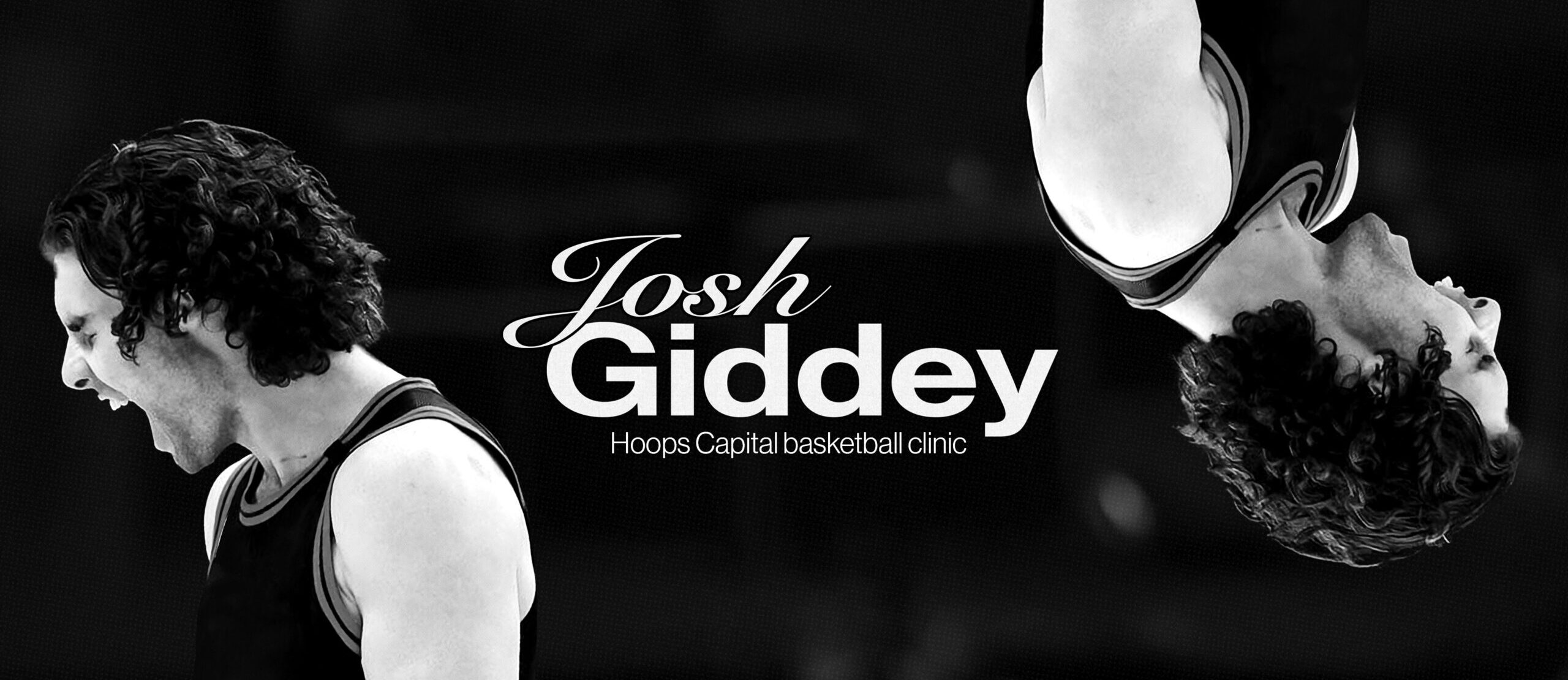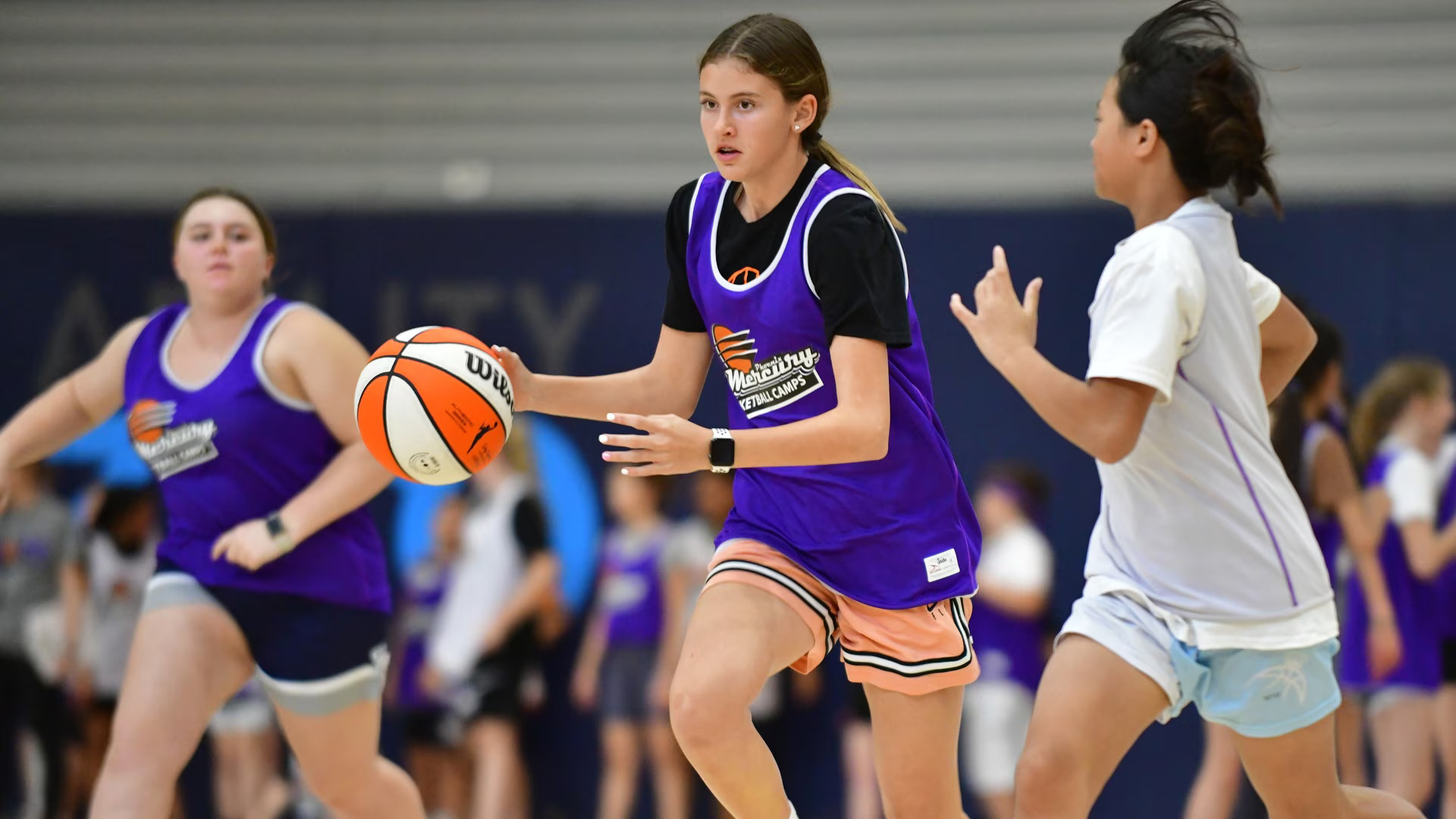[mkdf_dropcaps type=”normal” color=”#f55549″ background_color=””]I[/mkdf_dropcaps]
n an exclusive interview with Ministry of Sport, Richmond Football Club general manager of commercial operations and stakeholder engagement, Simon Derrick, discussed the future commercial strategy of the club in the post-COVID-19 world.
In part one of the two-part interview series, Derrick talked about how the success of Richmond’s commercial strategy goes beyond the successful performance of the club on the field in recent years, and gave an indication of what will happen with the club’s co-major sponsor Jeep when their contract expires at the end of 2020.
Now, in part two, Derrick said the future of Richmond’s commercial portfolio will likely work to accelerate a hybrid model of physical and digital sponsorship rights.
“We’re a football club that prides itself on our connection; it’s our connection to our members,” Derrick said.
“It’s the connection point that’s probably been the bit we’ve missed the most, and we look forward to re-establishing that as quick as we can.
“Technology should be a great enabler for us, and we’ve tried to maintain that sense of connection with our members and partners and all of our stakeholders using technology.
“If anything, what we might come out of this with, is it’s actually forced us to fast-track that and we want to connect with our stakeholders physically as quick as we possibly can, whether that’s match day or not match day, but I think there’s a role to play to connect with people digitally.
“The future for us is a hybrid model where we connect with our audiences both physically, as best we can, and digitally.
“If we see it in the right light, we will be able to take a difficult situation, which this has been, and turn it into a positive and there’ll be some great legacy pieces as a result so we can come out of it stronger and maintain that sense of relevance for our people and our community,” he said.
Talking about how Australia will recover from the impacts of COVID-19, Derrick said sport has an important role to play in rebuilding the Australian community.
“Fundamentally, none of us are immune from the economic conditions we’re a part of,” Derrick said.
“I think a strong healthy robust economy means there’s better opportunities for the rights holders and for the landscape of sport, so we need a strong economy for us to thrive and prosper, but irrespective of that, sport remains such an important part of our culture in this country, and will continue to be an important part of our culture and connection to communities, individuals and to each other.
“I think sport will be a really trusted partner for organisations and individuals who are looking to rebuild the community we are a part of, both socially and economically, and I think sport has got a strong role to play.
“That’s where I think individuals, corporates, government, and philanthropic organisations will have an opportunity to partner with sport because we will be a really important part of rebuilding this community,” he said.
Before the start of the 2020 Toyota AFL Premiership season, and before COVID-19 stopped sports around the world, Richmond announced a partnership with Turnstile to evaluate the value of the club’s commercial portfolio in an effort to unlock the next phase of growth.
Derrick said this partnership has been limited in some parts due to COVID-19 but has been able to provide valuable insights and knowledge for Richmond going forward.
“The initial report that was provided to us [by Turnstile] was actually really valuable and gave us some external assessments and perspectives on how we package up and how we take ourselves to market,” Derrick said.
“It’s been a really valuable exercise over this COVID period as well, so it’s given us a chance to reconcile first and foremost with ourselves where the values lie, and if we do have to make or offer up concessions to our partners to support them through this process.
“It’s given us a fact base; it’s given us a reference point to use and draw upon.
“It’s been a really invaluable exercise to go through, I think because of COVID, we probably haven’t fully been able to capitalise on taking it to the next level, but that’s something we plan to do in the future when we get back to a level of normality,” he said.
With Richmond being one of few AFL clubs to field a side in the AFLW competition, Derrick also discussed how the creation of the AFLW club has shifted the overall commercial strategy.
“That’s been our preference, our preference is to try and take the partners we have through our AFL men’s program and give them the opportunity to expand and spread their investment into women’s football,” Derrick said, when asked how Richmond has tried to create partnerships covering both sides.
“That’s worked on a number of occasions this year with Jeep, NIB, Swinburne University, Hostplus, A.G. Coombs and National Storage, but it’s also meant we’ve had a chance to bring in new partners.
“People like AIO and Fulton Hogan, for example, people that are coming to us and investing in us first and foremost for our women’s football program.
“So for us, our preference is to make sure we have our partners across both programs, irrespective of gender, but we also acknowledge that some brands and some individuals will have objectives that are better suited to one or the other.
“Ultimately, the partner will decide, but what they should do is understand that from a gender perspective, we’ve got great capability, and alignment across our men’s and women’s programs, and they should feel comfortable with our position on that if they want to invest in one specifically.
“If they want to take a dual position that’s fine, it’s based on their own objectives, but more often than not, we’ve done a really good job of that, with transitioning partners across both programs,” he said.
Finally, when asked about the future of Richmond’s joint major sponsor, Jeep, whose contract with the club is set to expire at the end of the 2020 season, Derrick indicated the negotiations are in a good place.
“We are absolutely in negotiations with Jeep at the moment now,” Derrick told Ministry of Sport.
“We’ve got a great relationship with the Jeep team and we’re in our 10th year this year, and we’re well into our negotiations at the moment,” he said.
To read part one of the two-part interview with Richmond Football Club general manager of commercial operations and stakeholder engagement, Simon Derrick, click here.







